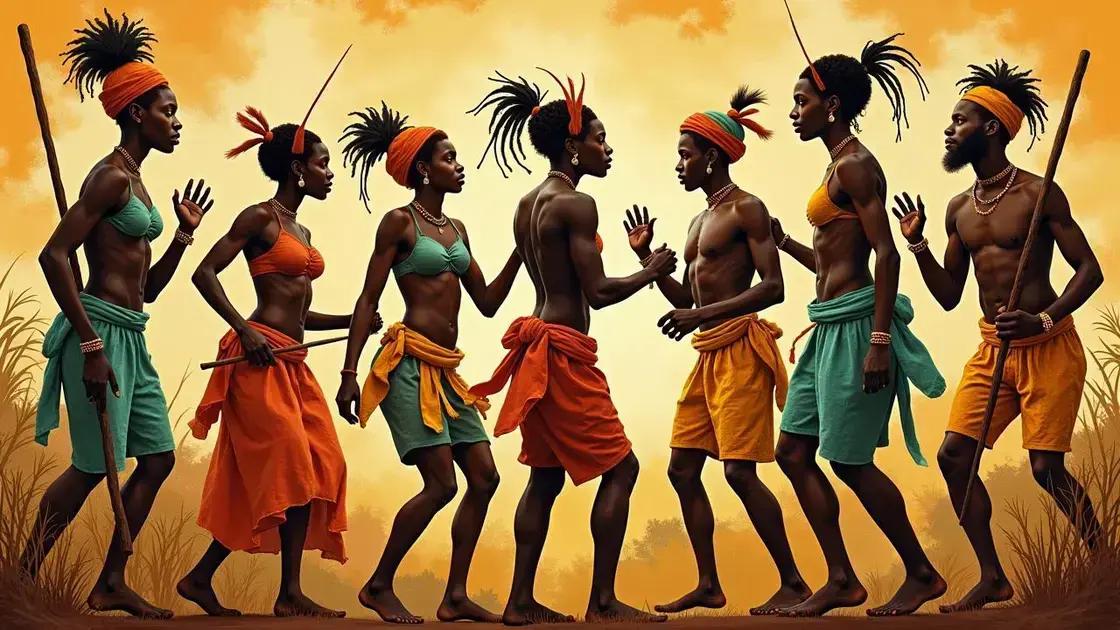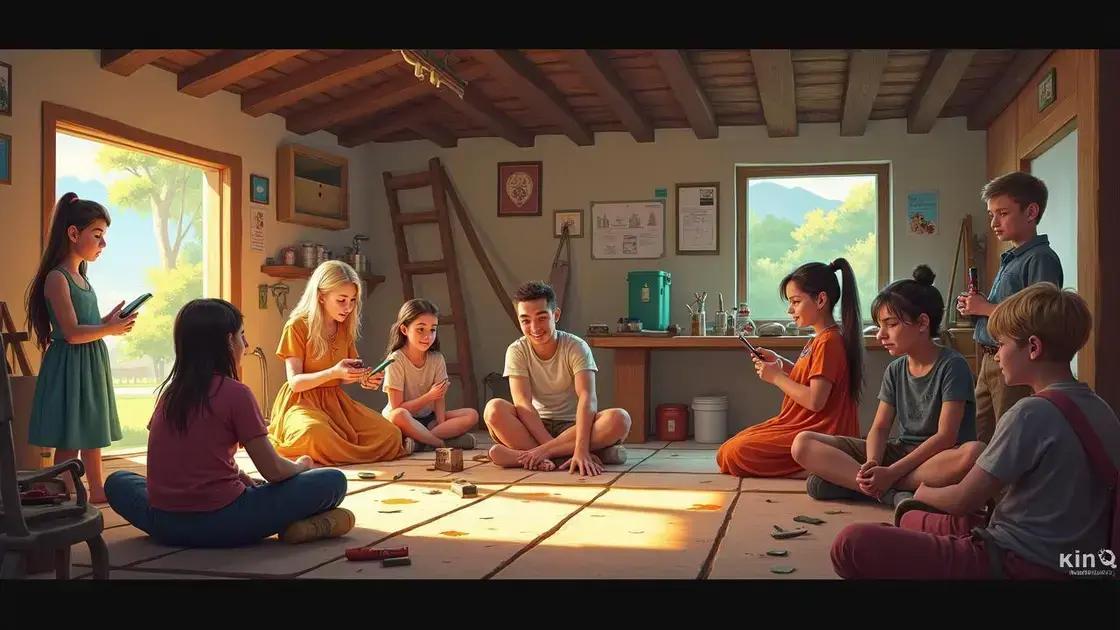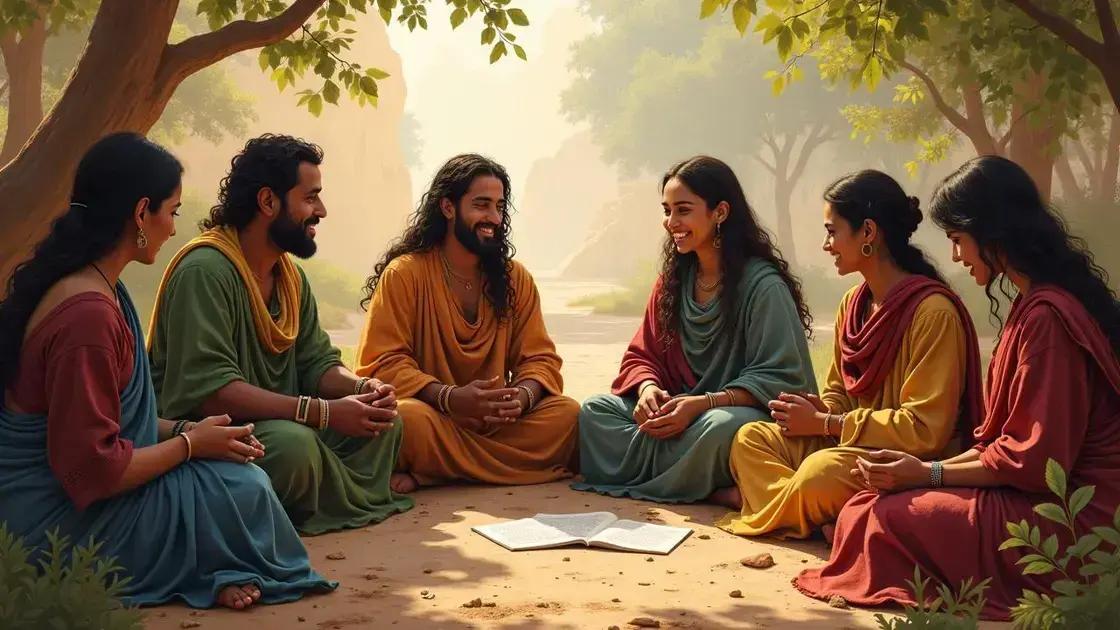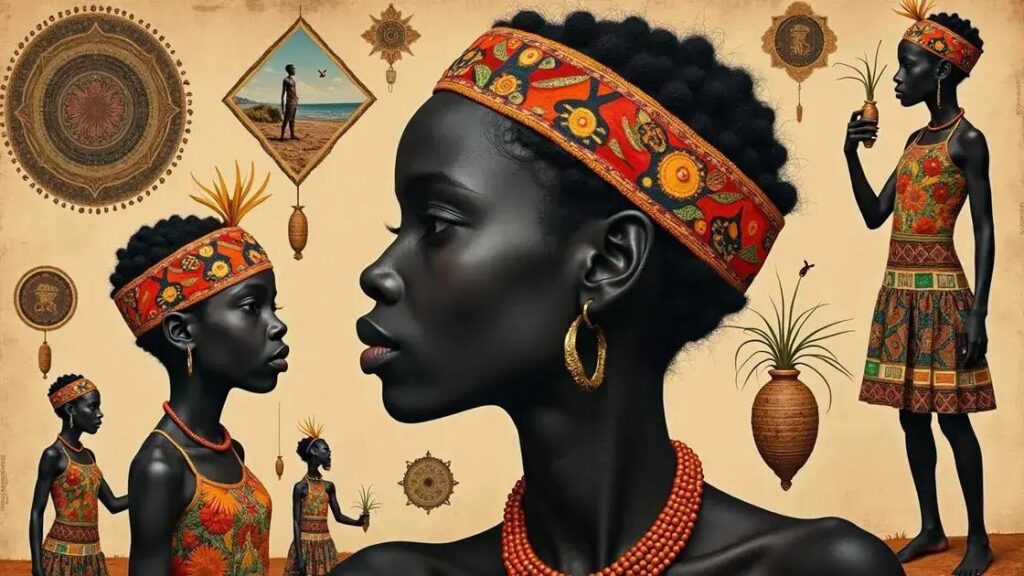Exploring alternatives to the African Trick enhances cultural understanding by integrating traditional practices with modern strategies, such as collaborative storytelling and technology use, ultimately preserving cultural identity while fostering innovation.
Exploring alternatives to the African Trick opens a door to new insights and strategies. This topic dives deep into the significance of cultural practices and encourages a broader understanding of their implications. By examining the alternatives available, we can better appreciate the diverse methods and perspectives within these contexts. Join us as we delve into the different approaches to this intriguing subject.
What is the African Trick?

The African Trick refers to a set of traditional practices and cultural storytelling methods used across various African societies. These practices often involve clever techniques, illusions, or strategies that aim to outsmart opponents or achieve certain goals. While the term may have different connotations depending on the context, its essence remains rooted in the rich tapestry of African culture.
Origins and Significance
The origins of the African Trick can be traced back to historical events and the need for survival and adaptation in diverse environments. These practices often symbolize the resilience and ingenuity of the people. In many African communities, storytelling plays a vital role in passing down such knowledge from generation to generation, ensuring that cultural identity continues to thrive.
Common Techniques
Some common techniques that embody the African Trick include using deception in games and negotiations. For instance, in traditional storytelling, characters often employ wit and intelligence to overcome challenges. These techniques highlight the importance of strategic thinking and creativity in problem-solving.
Modern Interpretations
In contemporary discussions, the African Trick is often reinterpreted to include innovative strategies for personal or community empowerment. These modern interpretations encourage seeking alternatives and solutions that align with cultural values while addressing current challenges faced by communities.
Alternative Strategies to Consider

When exploring alternatives to the African Trick, several innovative strategies can be considered. These alternatives aim to enhance creativity, problem-solving, and effective communication. Here are a few alternatives:
1. Embrace Collaborative Storytelling
Instead of relying solely on individual techniques, collaborative storytelling brings communities together to share experiences. This method allows different perspectives to shine and encourages learning from one another, fostering a sense of unity.
2. Incorporate Modern Technology
Using digital platforms and social media can help modernize the traditional storytelling process. By sharing stories online, communities can reach wider audiences, ensuring that their cultural heritage is preserved and appreciated globally.
3. Focus on Skill Development
Encouraging skill development among younger generations is essential. Offering workshops to teach traditional tricks alongside modern strategies can empower individuals to adapt and innovate while staying connected to their roots.
These strategies not only provide alternatives to the African Trick but also promote cultural pride and enhance community engagement. By putting these approaches into practice, societies can thrive while honoring their traditions.
Cultural Impacts of Alternatives

The cultural impacts of exploring alternatives to the African Trick are profound and widespread. These alternatives not only influence individual practices but also shape entire communities and their identities.
1. Strengthening Cultural Identity
One significant impact is the way these alternatives help to strengthen cultural identity. By sharing stories and techniques that are rooted in tradition while integrating new ideas, societies can cultivate a sense of pride in their heritage. This blending can lead to a richer cultural narrative that reflects both the past and the present.
2. Fostering Unity and Collaboration
Exploring alternatives promotes unity and collaboration within communities. When people come together to learn and share stories, it builds bonds and encourages teamwork. This collaboration not only enhances interpersonal relationships but also inspires collective growth and innovation.
3. Promoting Education and Awareness
These alternative strategies also raise awareness about the significance of traditional practices. Education programs focused on cultural storytelling and techniques ensure that younger generations understand their roots. This knowledge is crucial for preserving cultural diversity and recognizing the value of varied practices in today’s interconnected world.
Overall, the cultural impacts of alternatives to the African Trick are vital for sustaining traditions while embracing change. These strategies help maintain the essence of cultural practices, ensuring their relevance in modern society.
Exploring Alternatives to Enrich Cultural Practices
In conclusion, exploring alternatives to the African Trick offers valuable insights and encourages innovative strategies for cultural expression. By embracing collaborative storytelling, modern technology, and skill development, communities can bolster their cultural identity and foster unity.
The cultural impacts of these alternatives are significant, providing opportunities for education and awareness while promoting resilience in a changing world. As we move forward, it is essential to honor traditional practices while integrating fresh perspectives, ensuring that the richness of African culture continues to thrive in contemporary society.
By valuing both tradition and innovation, societies can navigate challenges and celebrate their heritage, weaving a vibrant tapestry of cultural richness that resonates across generations.
FAQ – Frequently Asked Questions about Exploring Alternatives to the African Trick
What is the African Trick?
The African Trick refers to traditional practices and storytelling methods used in various African societies, often involving clever tactics to outsmart challenges.
What are some alternatives to the African Trick?
Alternatives include collaborative storytelling, incorporating modern technology, and focusing on skill development to enhance creativity and problem-solving.
How do these alternatives impact cultural identity?
These alternatives help strengthen cultural identity by blending traditional practices with modern insights, fostering a sense of pride and belonging.
What role does education play in these alternatives?
Education raises awareness about cultural practices and encourages younger generations to understand and appreciate their heritage.
How can communities collaborate through these strategies?
Collaborative storytelling and skill-sharing workshops promote unity and teamwork, enabling communities to learn from each other’s experiences and strengths.
Why is it important to respect traditional practices while embracing change?
Balancing tradition and innovation ensures the preservation of cultural richness while adapting to contemporary challenges and opportunities.













